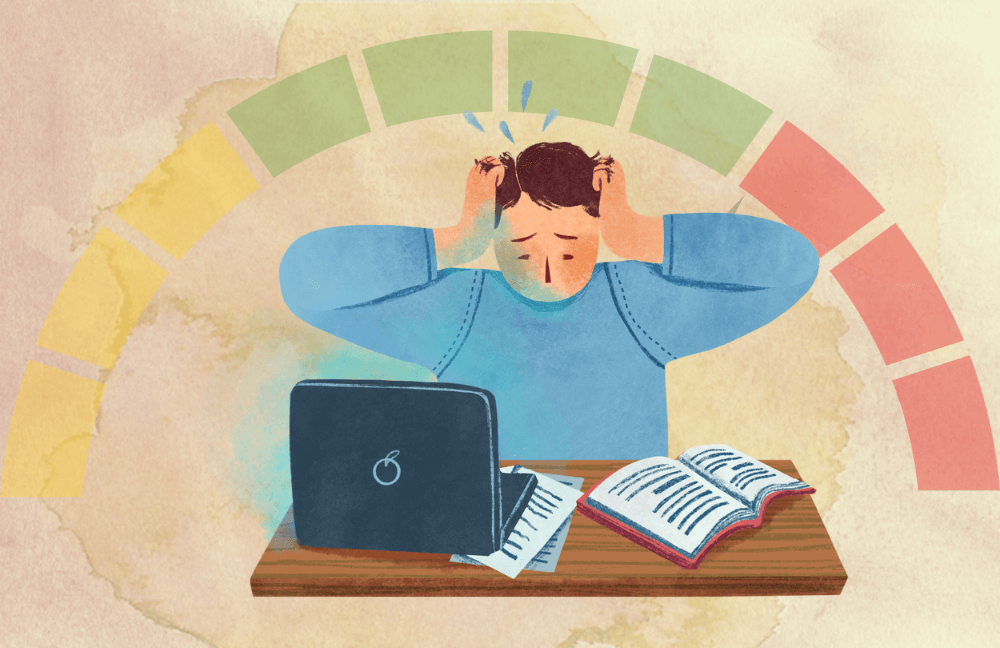Antisocial Personality (ASPD)
What is ASPD?
Antisocial Personality Disorder (ASPD) is a symptom cluster characterized by manipulative, reckless, felonious, offensive and criminal behavior. Primarily a deficit in the ability to empathize with others or feel remorse, engrains a dysfunctional thought process which gets expressed in socially irresponsible behavior. Disregard for, and the violation of people’s rights is common expression hence their failure to conform to the law, maintain steady employment, dishonesty, manipulation for personal gain, and incapacity to form any stable relationships.
This makes antisocial individuals sound like criminals. It is true, that most criminals are typically antisocial But all antisocial people are not convicts found in jails and prisons. In the real sense of the word, the acts that a person with antisocial traits commits, do qualify as crimes – lying, cheating, and manipulating for instance. But antisocial people exist among us. At offices, workplaces, in friend circles and the neighborhood too. They are dangerous and unpredictable, and are often feared by people who know them.
Like other personality disorders, ASPDs exist on a spectrum, which means their behavior can range in severity from occasional unscrupulous acts to repeatedly breaking the law and committing serious crimes. Psychopaths are considered to be severely antisocial. Sociopaths, on the other hand appear like smooth toxic manipulators who exist in our everyday lives, arouse a sense of fear and disgust in us, and yet we find it hard to get rid of them.

Is Antisocial Personality a Serious Problem?
What Causes One To Be Antisocial?
Like most psychological conditions, this personality disorder does not have one pinpointed cause, but a combination of genetic, biological, psychological and social factors do contribute to the final outcome of an ASPD persona. ASPD individuals tend to have family members with similar impulsive and emotionally unstable personality traits. Brains of these individuals are prone to neurotransmitter deficits, likely responsible for the reckless and impulsive tendency. A gene has been identified too, which relates with oxytocin (the closeness and connectedness hormone) malfunction. Hence a genetic basis for this disorder seems sound.
That being said, people with ASPD have “deceiving inner working models” which make them perceive the world as deceitful and rejecting. They invariably have chaotic family environments with poor supervision from adult role models. Needless to say, traumatic experiences in childhood (abuse in any form, or neglect) leave lasting imprints on their mind, which results in loss of empathy. In an effort to stop feeling pain, they stop emoting completely.
Such people give up any expectations of reliability and trustworthiness because they assume it is impossible to achieve. So, their frenzy of lies and treachery continues. ASPDs don’t care or feel close to anyone because their brain is not geared to do so. It is true that some degree of such behavior could be reported by individuals without ASPD too, but the underlying psychological vulnerability in some individuals results in expression of the entire syndrome cluster which can be quite distressing to people and the world in general.
Symptoms and Diagnosis of ASPD
ASPD: Emotionality
- Reactivity in mood (swings)
- Intense episodic bad mood
- Frequent frustration spells
- Recurrent display of temper
- Inappropriate anger parades
- Persistently in attack mode
ASPD: Deceitfulness
- Insincere charm and wit
- Lack of any true emotion
- No empathy (for anybody)
- Taking advantage of others
- Repeatedly lying/ cheating
- Obvious lack of remorse
ASPD: Recklessness
- No respect for the law
- Delight in breaking rules
- Like intimidating others
- Openly criminal behavior
- Disregard for self-safety
- Endangering others
ASPD: Remorselessness
- Unsympathetic, insensitive
- Outright lack of empathy
- Make and break relationships
- Unafraid of consequences
- Alright with imprisonment
- Inflated sense of purpose
It is important to observe that all of the above signs associated with antisocial personality are contextual to the people on whom the physical and psychological pain is inflicted. People with antisocial personality disorder tend to have few symptoms themselves. They have intriguing and unfortunate histories of their childhood. But the discomfort or distress they inflict on others through their socially unacceptable behavior, is magnanimous.
Why Management of ASPD is Challenging
ASPD can be categorized as one of the most difficult conditions to treat or reform. Typically, a person with ASPD will be reluctant to seek treatment and may only start therapy when ordered to do so by legal authorities or coaxed successfully by family members. If on the less severe side of the spectrum, those who themselves seek help and wish to change, can show transformation.
Therapy techniques can be applied to help people build a sense of empathy and understanding for others emotions. The truth remains, that changing someone for whom being manipulative, deceitful and reckless is innate, can be self-defeating. People with ASPD don’t care for other people’s feelings; it’s part of the definition of the disorder. Empathy is therefore hard to build, but socially acceptable behaviors can be inculcated and reinforced with social support. Generally, people with a sound supporting community network tend to do better.
How Does Psychotherapy Help Antisocial Behavior
Therapy in ASPD focuses on changing negative views of others, and the world at large as well as building empathy. Cognitive techniques like CBT (Cognitive Behavioral Therapy), REBT (Rational Emotive Behavior Therapy), ACT (Acceptance and Commitment Therapy) and Humanistic techniques like EFT (Emotion focused Therapy) to name a few; all work on dysfunctional thoughts, emotions and behaviors that contribute to unreasonably negative perceptions of the world and the self.
Cognitive Behavioral Therapy (CBT) enhances mindfulness and stress tolerance, lowers impulsivity, and can enhance interpersonal effectiveness through social skills training. Mentalization based Therapy focuses on attachment styles and tries to rebuild the lost concept of trusting relationships. A strong and empathic therapist-client relationship, and commitment is imperative for any technique to show effect.
Therapy Goals in ASPD
- Inculcate the sense of compassion
- Build cognitive empathy for starters
- Reduce demandingness and self-focus
- Identify negative, irrational thoughts
- Defy distorted, harmful expectations
- Analyze contributors to self-esteem
- Fight arrogance and build self-worth
- Inculcate logical problem solving
Therapy Outcomes in ASPD
- Improved interpersonal relationships
- Better adaptation to crisis situations
- Enhanced tolerance to frustration
- Greater resilience and stress coping
- Enhanced communication skills
- Awareness of negative automatisms
- Reclaimed self-confidence/ esteem
- Realistic emotional and life goals
MindFrames Help With ASPD: Dr Shefali's Approach
Time-tested and evidence-based psychotherapy techniques are available for antisocial personality symptom management, but the final approach must always be customized to the individual’s needs. Treatment is challenging, but we target a committed therapist-client duo to make self-change happen, with significant reduction in recklessness, aggression, impulsivity and other symptoms.
Psychotherapy is for everyone because nobody is free from stress, uncertainty and insecurity. As a psychiatrist and psychotherapist practicing distinctive therapies, Dr Shefali guides you through cognitive, mindfulness and neurobehavioral milestones to help you think, feel and behave more purposefully. How you feel matters. Do something about it.
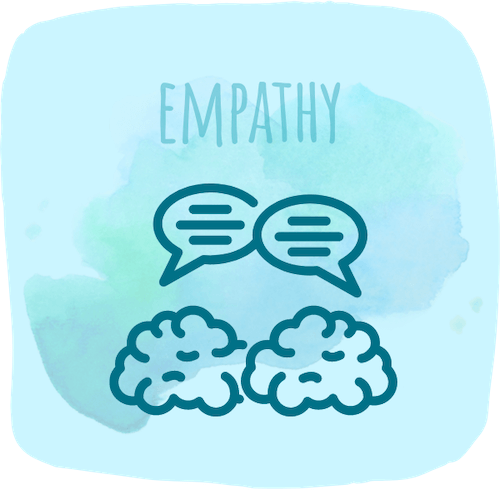
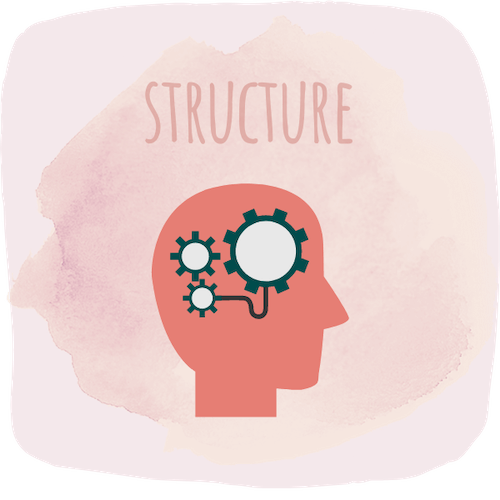


References
- Fisher, K. A., Hany, M., (2020). Antisocial Personality Disorder. StatPearls. Treasure Island (FL): StatPearls Publishing.
- Black, D. W., (2015). The Natural History of Antisocial Personality Disorder. Canadian journal of psychiatry. Revue canadienne de psychiatrie, 60(7), 309–314.
- Goodwin, D., Guze, S. B., (1989). Sociopathy (antisocial personality) In: Goodwin D, Guze SB, editors. Psychiatric diagnosis. 4th ed. New York (NY): Oxford University Press; pp. 209–225.
Latest Posts

7 Reasons Why You Should Seek Therapy
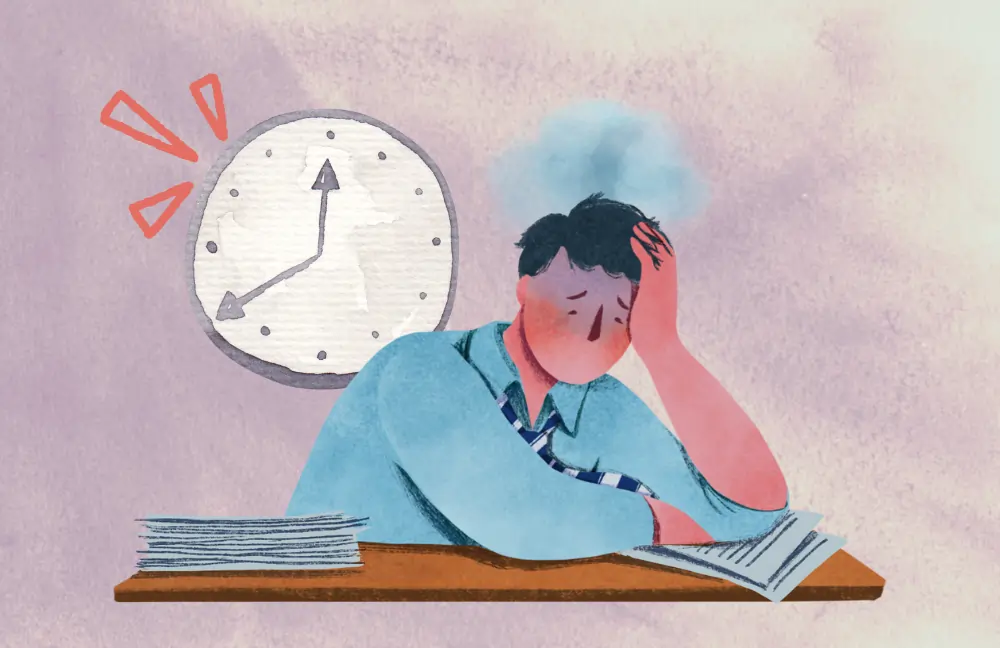
5 Time Wasters You Need to Overcome
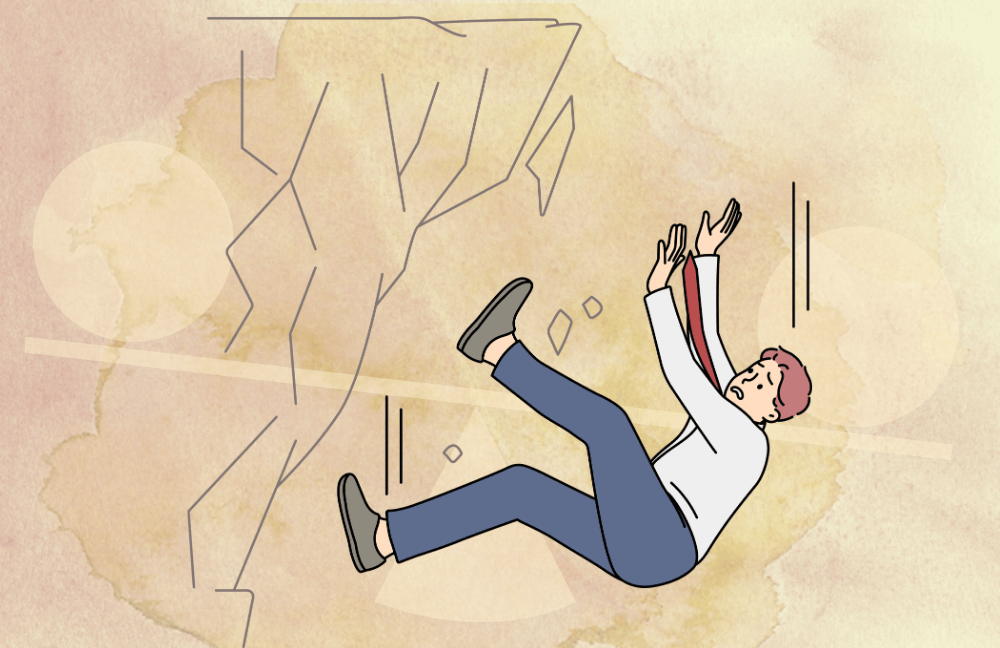
5 Signs you have no work life balance

Work and Life: What is the right balance?
